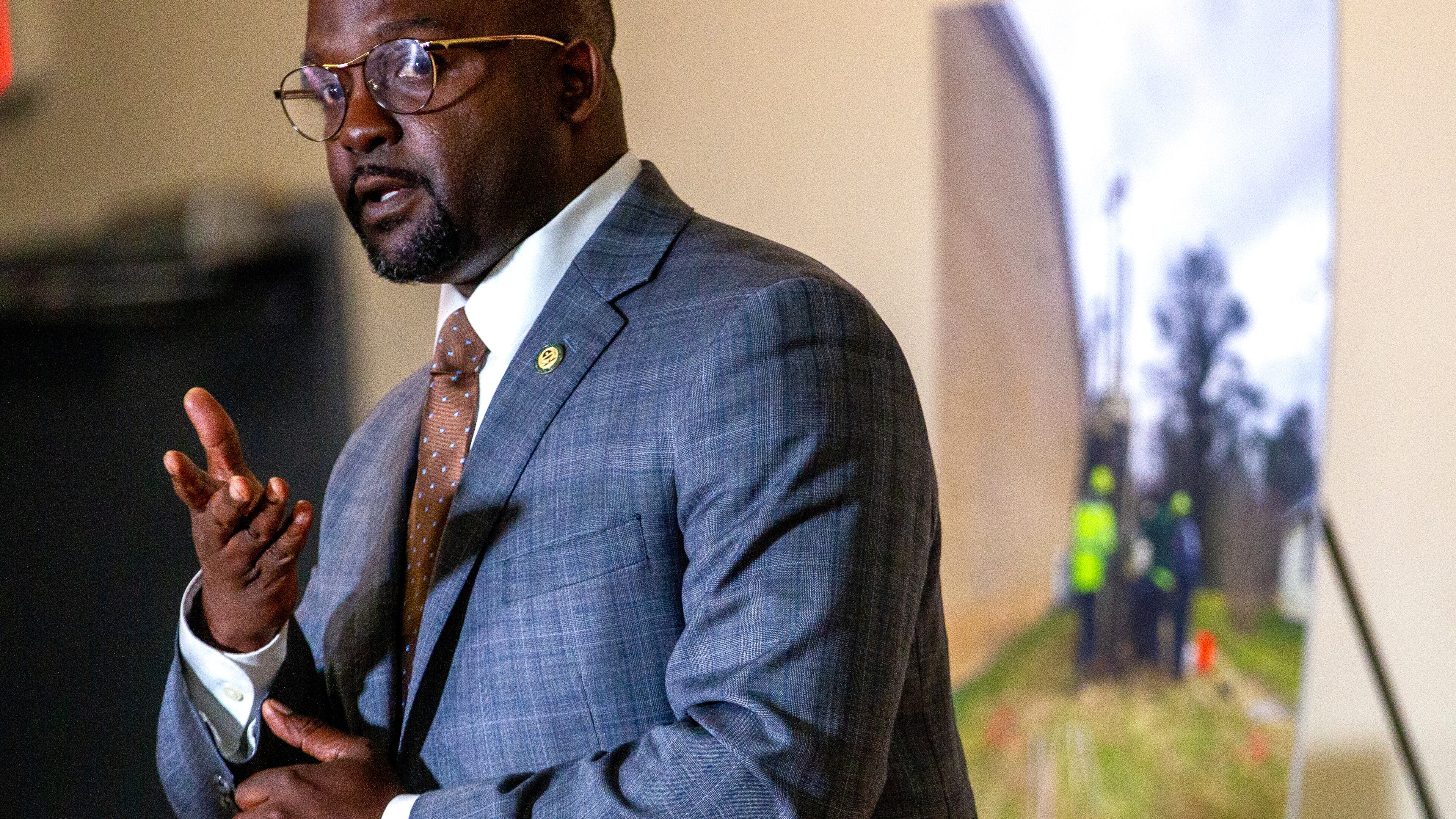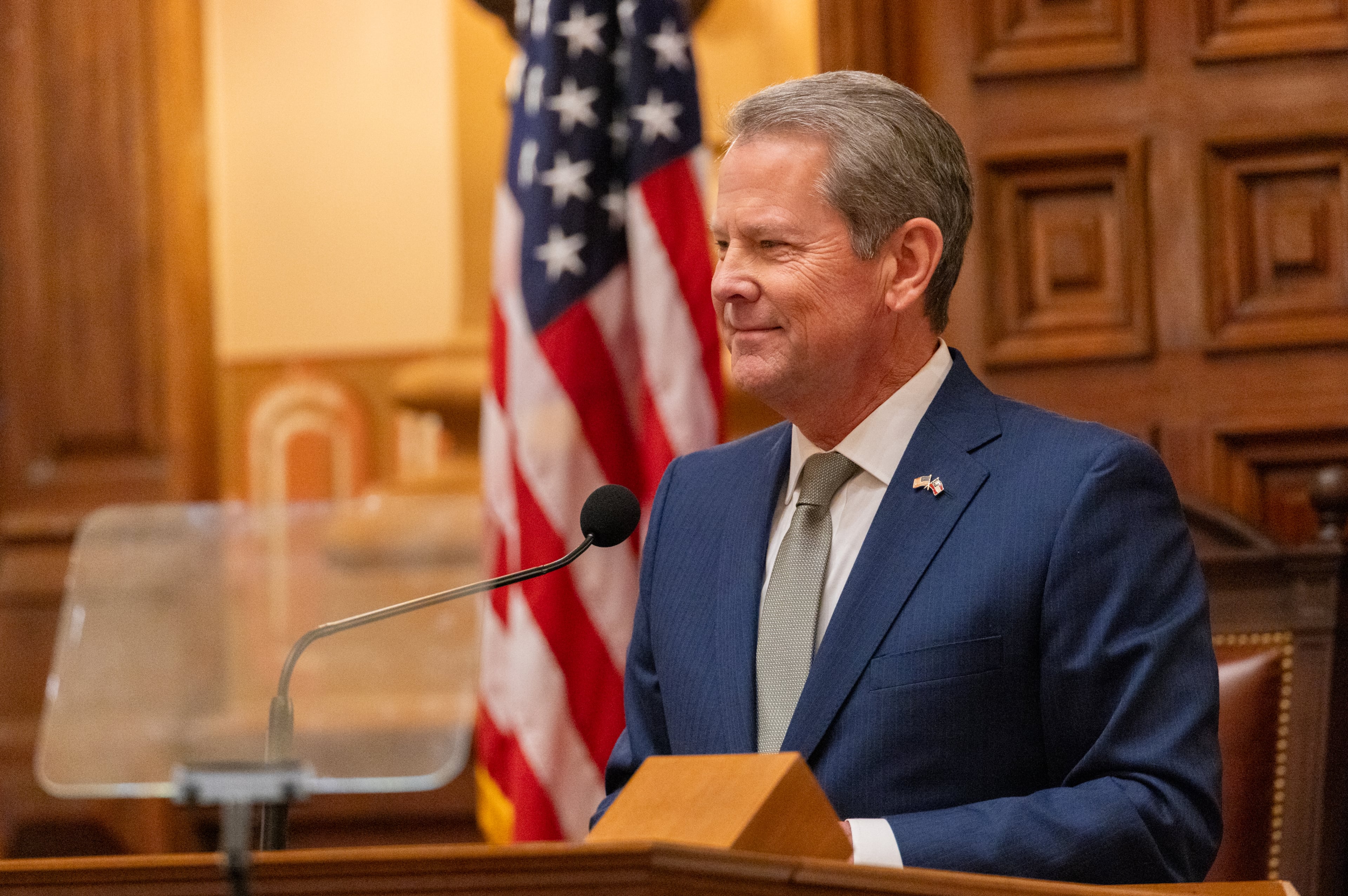Westside Lead Superfund site added to EPA’s National Priorities List

Atlanta’s Westside Lead Superfund site has been added to the Environmental Protection Agency’s National Priorities List, officials announced Friday.
The site is one of 12 around the country that the EPA said it is including on the National Priorities List.
The move, EPA and state environmental protection officials said, will lead to more funds and resources to clean up soil that is contaminated with lead. It also will allow them to bring in additional resources to assess the risks the pollution poses to human health and the environment.

The Westside Lead Superfund site includes roughly 2,097 residential properties spread across nearly one square mile of the Vine City and English Avenue neighborhoods. Daniel Blackman, the EPA’s administrator for Region 4 — which includes Georgia and seven other Southern states — said that this move shows his agency is making cleanup efforts in underserved communities a priority. The area is an historically Black community.
“Our commitment is to no longer allow these communities to be looked past,” Blackman said at a press conference held Friday at New Life Covenant Church in the English Avenue neighborhood.
Sites with the EPA’s Superfund label are among the most toxic in the country. And within the Superfund program, the National Priorities List is reserved for sites that the agency has found pose a serious risk to residents’ health and the environment and will require a long-term cleanup.
High levels of lead were first discovered in the area’s soils in 2018 by an Emory professor and her students. Experts say it’s unclear exactly where the lead came from, but that it is likely from metal foundries that were once common on Atlanta’s Westside.
The boundaries of the site have expanded several times since the agency began testing for lead in 2019. Friday, officials said it was possible the area could grow to include more properties. Leigh Lattimore, the EPA’s remedial project manager for the site, said it likely will take until 2028 to complete the site’s cleanup.
More Stories
The Latest


